Cardiopulmonary Services
Keeping our patients’ hearts and lungs healthy, from newborns to adults. Heart disease is the leading cause of death for both men and women in the United States. Early action is the key to preventing and treating the symptoms of a heart attack or stroke. COPD is a major lung disease that affects 30 million Americans. Newman Regional Health’s Cardiopulmonary Services Department provides 24-hour testing and treatment for patients with heart and lung problems.
Our cardiopulmonary services include:
- Cardiac Rehabilitation Program
- Outpatient Cardiac Monitoring
- Electrocardiogram (ECG or EKG)
- Electroencephalograms (EEG)
- Sleep Disorders Center
- Pulmonary Function Testing
- Arterial Blood Gas Analysis
- Respiratory care by liscensed therapist
Outpatient Cardiac Monitoring
Cardiac Monitoring is a service that provides outpatient cardiac monitoring, using modern technology, that allows you to continue your daily routines. We can monitor from 24 hours up to 30 days.
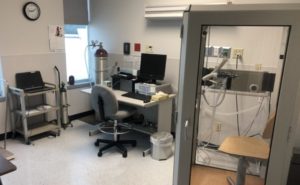
Cardiopulmonary Electrocardiogram (ECG or EKG)
An electrocardiogram — abbreviated as EKG or ECG — is a test that measures the electrical activity of the heart. The electrical impulse that travels through your heart muscle creates the heart beat which is the pumping of blood in and out of the heart chambers.
During an EKG, small sensors are attached at various locations on your body with an adhesive. These sensors pick up the electrical impulse and allow our specialist to analyze the functions of your heart. The test usually takes just a few minutes and is totally painless.
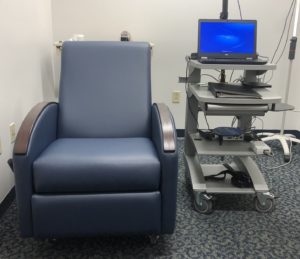
Cardiopulminary Electroencephalograms (EEG)
An EEG (electroencephalogram) records the electrical activity of the brain. During an EEG, small metal discs are attached to the patient’s scalp with an adhesive. These electrodes pick up the electrical activity of the brain. An EEG test is totally painless and usually takes about 1 ½ hours.
An EEG is a diagnostic tool used to evaluate:
- Seizure disorders / epilepsy
- Metabolic disorders, such as liver disorders or kidney dysfunction
- Stroke
- Infections of the central nervous system
- Degenerative disorders, such as Alzheimer’s disease or Parkinson’s disease
- Head trauma
- Headaches
- Brain tumors
- Brain death
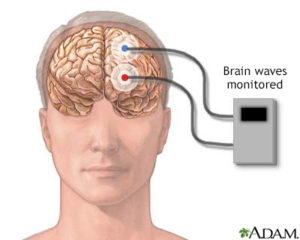
Pulmonary Function Testing
The Newman Regional Health Cardiopulmonary team provides thorough PFTs (Pulmonary Function Testing) to help diagnose causes of shortness of breath, evaluation of asthma or COPD treatment. We are dedicated to help find ways to improve your quality of life.
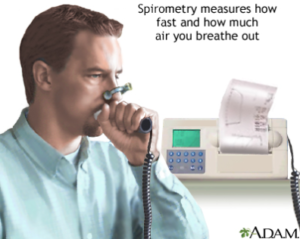
Arterial Blood Gas Analysis
The Newman Regional Health Cardiopulmonary team performs ABG test that measures the acidity, or pH, levels of oxygen (O2) and carbon dioxide (CO2) from an artery. The test is used to check the function of the patient’s lungs and how well they are able to move oxygen and remove carbon dioxide. Arterial testing has become the gold standard in sick patients who are at risk for heart or respiratory issues.
ABGs are drawn for a variety of reasons and may be included where there is a concern for heart failure, lung failure, kidney failure, shock, trauma, uncontrolled diabetes, asthma, COPD, metabolic disease, poisoning and hemorrhage.
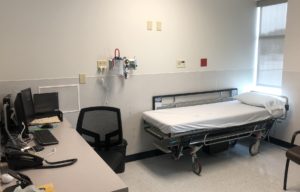
Cardiopulmonary Respiratory Therapist
A respiratory therapist is specially trained and highly skilled professional working under your provider’s direction assessing a person’s overall cardiopulmonary condition, including medical history, learning needs, and physical, social, and nutrition status.
Depending on what kind of breathing problem you have, respiratory therapists provide care that helps manage a wide range of breathing problems, caused by disease, accident, or illness. Respiratory therapists work in a variety of health care settings from the infant to adult in the emergency room, nursery, Intensive Care Unit, and the general patient care unit. They evaluate, treat, educate, and monitor patients with all kinds of breathing disorders. They may measure your lung capacity; collect blood samples to determine how healthy your lungs are, and what treatments you may need to improve your condition. They manage your airway when you cannot breathe adequately during a respiratory arrest or accident and can operate highly technical equipment to help you breathe.
Treatment may include use of inhaled medication, teaching the patient about their disease, administration of oxygen and use of other devices that maintain healthy lungs.
